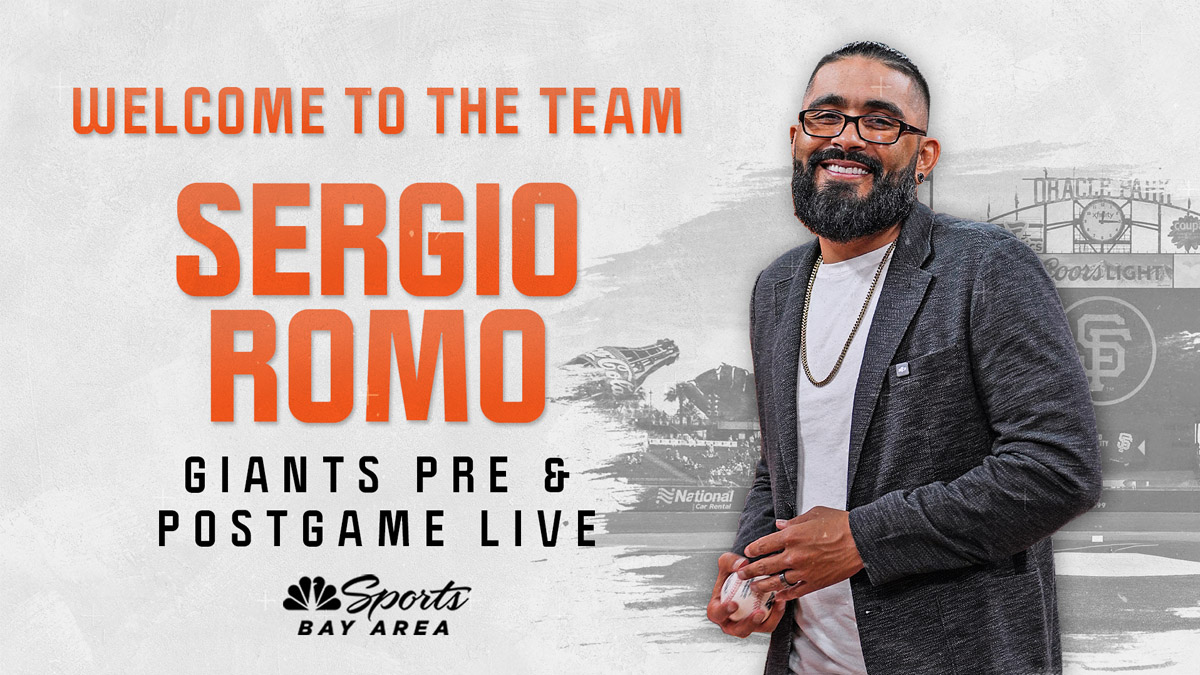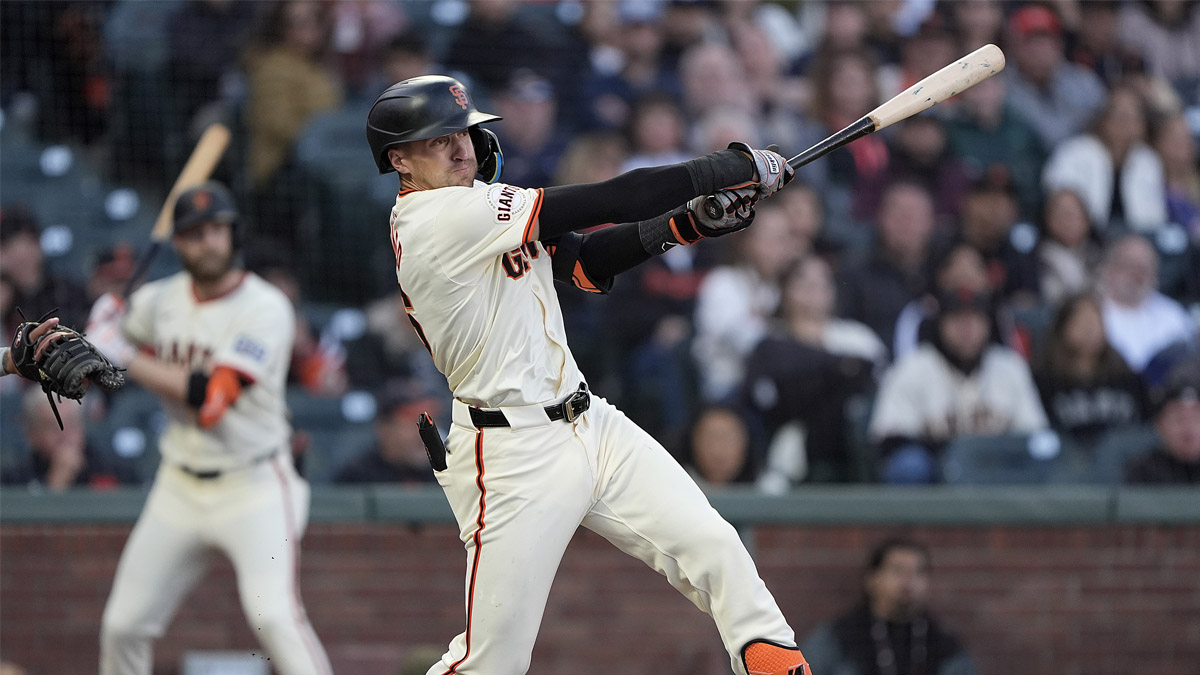Both of my parents were baseball fans, but my mother was the passionate one. She would shout approval or disgust directly toward the TV, while Pops mostly limited his expressions to grunts and occasional sharp commentary.
That was especially so when Willie McCovey was in the batter's box or the on-deck circle, or otherwise looming.
Pops always had a grunt or something to say when McCovey came up, as if he were that family member who everybody loves.
They don't wanna pitch to him.
They scared of that son of a gun; even Drysdale don't wanna mess with him.
Huh. Knew that was gonna happen.
Sports
That last line was reserved for McCovey's searing line drives into open spaces, especially the bleachers. My dad thought McCovey was going to blast one every time he came to bat.
Those moments flowed through my mind Wednesday upon hearing that McCovey had died. He was 80.
McCovey was, I learned as an adult, a gentle soul. While interviewing years ago, I told him how my dad felt. He grinned and softly uttered five words: "Thank you. I appreciate that."
As a preteen Giants fan, I came to see McCovey's bat as our greatest hope. I was lucky enough to attend a few games at Candlestick Park, which had the greenest grass I'd ever seen and the presence of black players in baseball was standard. Every National League team had them. Clemente. Aaron. Robinson. Banks. Stargell. Pinson. Brock. Gibson.
My parents were around when Jackie Robinson integrated baseball, and they seemed to take particular delight in the flood of talent that followed. They were from the South -- Louisiana and Georgia -- as were many of the players. There was a kinship.
They liked Willie Mays, but Pops was more strongly drawn to McCovey. I suspect it was because McCovey, like Pops, was more about actions than words. He loved the way McCovey struck fear into opponents of all colors.
As I learned more about the game and those who play it, I understood. Reading will educate, and the stories I read about McCovey's place in baseball taught me that opponents would rather pitch to Mays than McCovey, who by then was fading. Bob Gibson, conceivably the most imposing pitcher in baseball history, once described McCovey as "the scariest hitter in baseball."
As I evolved into a Cincinnati Reds fan in the 1970s, thanks to Oakland's own Joe Morgan and the Big Red Machine, I dreaded the idea of McCovey coming to the plate. So, too, did Reds manager Sparky Anderson.
"I walked Willie McCovey so many times," Anderson once said, "he could have walked to the moon on all those walks."
More Anderson: "If you let him bat 600 times and pitched to him instead of around him, he'd hit 80 home runs."
Though he was given to hyperbole, Anderson's apprehension toward pitching to McCovey was based on merit. The big slugger had inflicted more than his share of emotional trauma onto the Reds, as well as every other team.
For a 21st-century comparison, you'd have to turn toward Barry Bonds in the early 2000s, when it was wiser to walk him than to pitch to him. They had similar bat speed through the zone, similar confidence at the plate and similar disdain for the man on the mound.
Except McCovey had no asterisk attached to any of his 521 home runs.
McCovey led the league in intentional walks four times and was the first player to hit two home runs in the same inning on two different occasions. He was the Boogeyman to opponents, salvation to his teammates.
Jim Bouton -- the pitcher who authored one of the most revealing inside sports books of all time, Ball Four -- described within it a scene involving McCovey that captures the essence of the 6-foot-4, 200-pound left-handed batter.
"A group of terrorized pitchers stood around the batting cage watching Willie McCovey belt some tremendous line drives over the right-field fence," Bouton wrote. "Every time a ball bounced into the seats, we'd make little whimpering animal sounds. ‘Hey, Willie,' I said. ‘Can you do that whenever you want to?'
"He didn't crack a smile. ‘Just about,' he said, and he hit another one. More animal sounds."
Pops would have fit right in.



